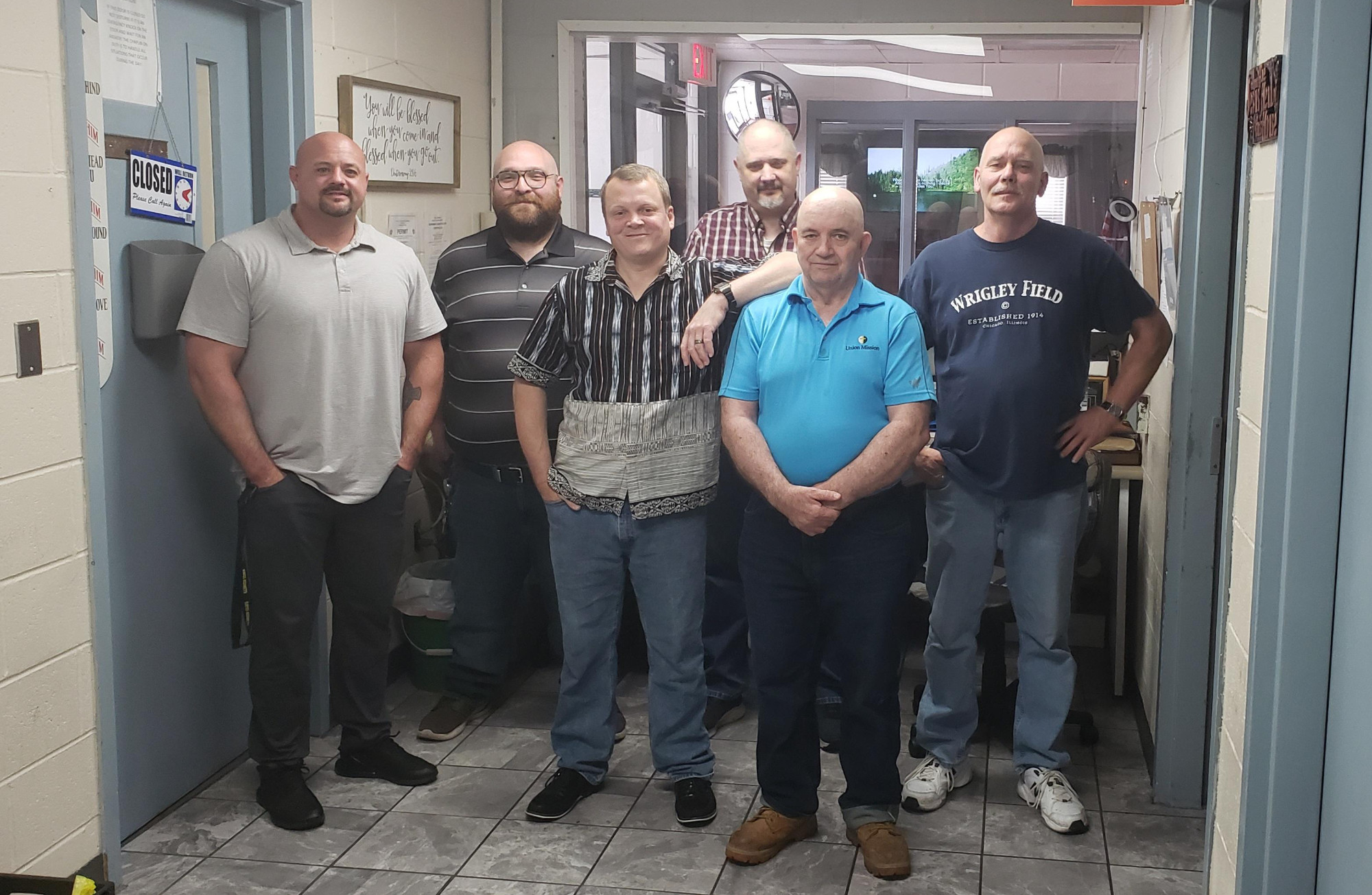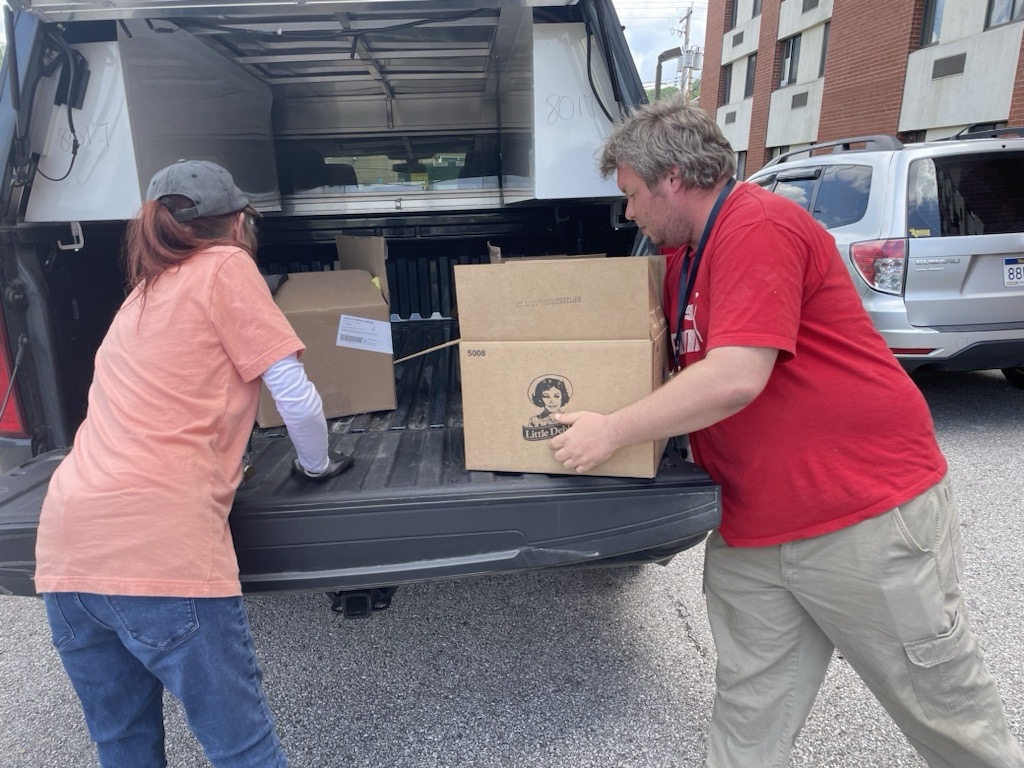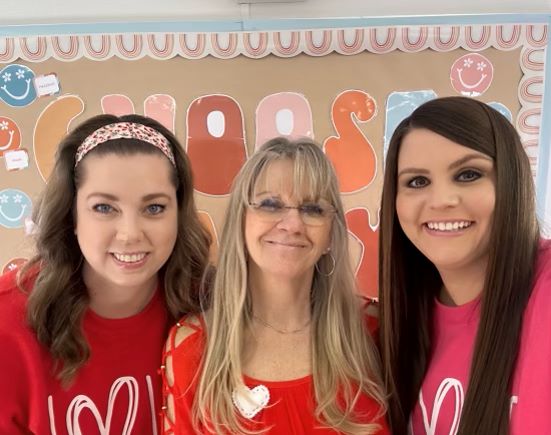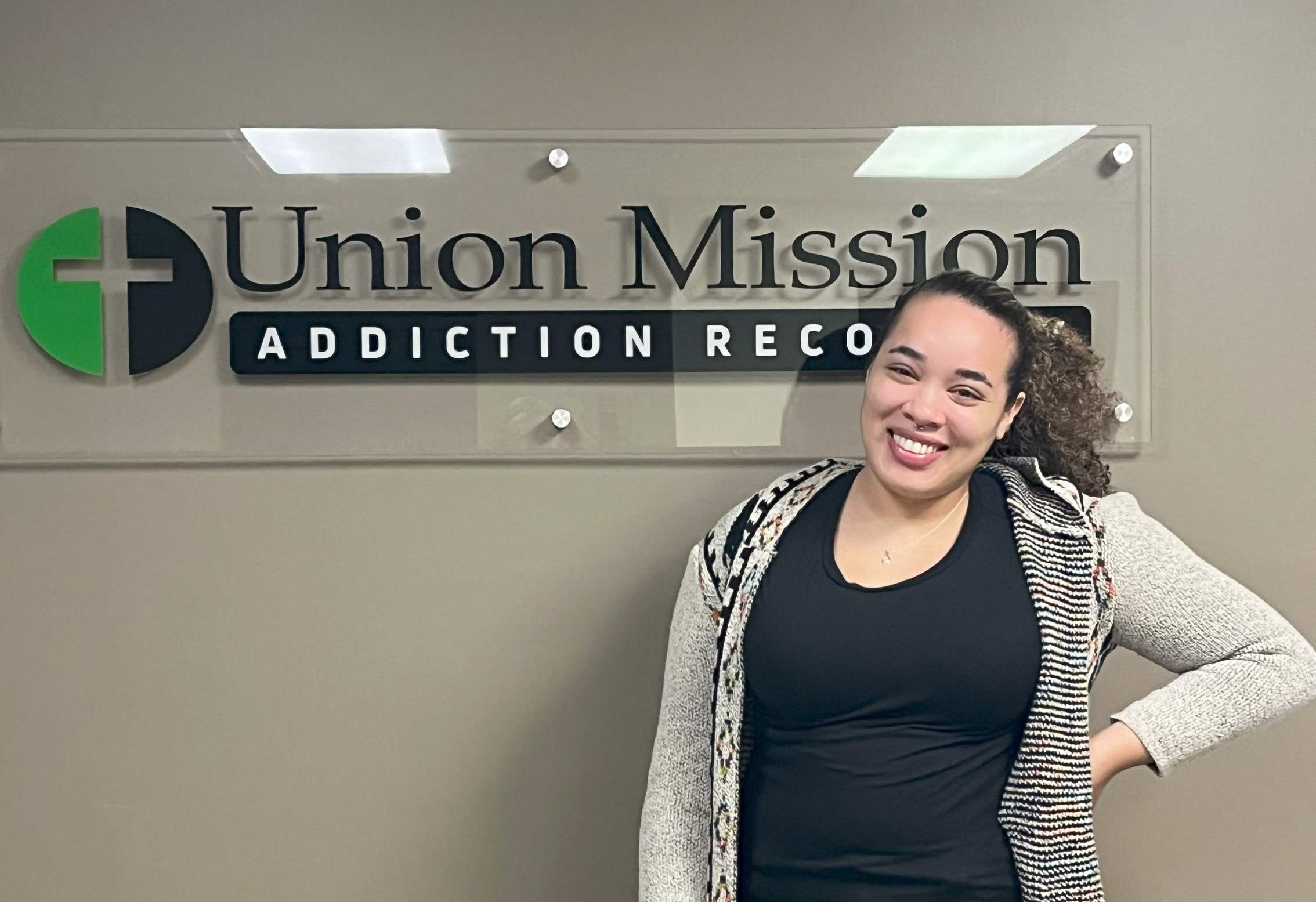When you think of a homeless person, what comes to mind? Do you have an image in your head of what they look like? Do you start to assume what led to their homelessness? At the Union Mission Men’s Shelter, the men that seek our help have eclectic backgrounds. Recently, one man in particular came into the Shelter very near to death.
“Scott was 24 years old and weighed 80lbs,” says Joe Young, Director of the Men’s Shelter. “He had been discharged from a nursing facility and had no place to stay. He is a type 1 diabetic and has not been taking care of his health.”
Joe and the rest of his team knew that Scott was going to require special attention just to keep him alive.
“I got our entire team together (both shifts) and explained how we needed to provide specialized care for Scott,” Joe says. “We needed to get him on a proper diet so he could regain his health. We needed to get him to monitor his blood sugar and. maintain regularly scheduled doctor’s appointments.”
Scott had been neglecting his disease for years. He had no support structure and had never been properly educated on his diabetic condition. The first ten
months at the Men’s Shelter found Scott taking 17 trips to the ER via an ambulance.
“Scott was self-sabotaging his health,” Joe says. “He really had no desire to get healthy and was in a very bad place emotionally. That is when we leaned in even more. Over time, we were able to explain how Jesus loved him and that he had a plan for his life. We also told him we weren’t going to sit around and watch him die. If he wanted to be here, then he had to meet expectations. Those expectations included using his monitor, cutting out the bad foods, and keeping his appointments with his doctor. He was reluctant at first, but he eventually came to trust us and realized we wanted to see him succeed.”
Based on guidelines recommended by Scott’s doctor, the staff at the Men’s Shelter came up with a plan to help him eat the right foods, a daily monitoring protocol for Scott, and walking every day.
“One of the things Scott needed to do, according to his doctor, was walk,” Joe explains. “So, we made sure he walked. There were some times he would ask for a ride to go to an appointment and we would say, ‘no, it is a beautiful day today and your appointment is only several blocks away. Take a walk.’ I felt at times like we were Scott’s big brother. We loved him, but we didn’t let him get away with destructive behavior.”
Scott spent an entire year at Union Mission Men’s Shelter. Over that time, he learned to monitor his blood sugar. He learned how to prepare food that was beneficial to his health. He developed the willpower to avoid the unhealthy foods that could cause diabetic issues. He managed to find ways to walk daily. He also learned to trust others around him that wanted to see him improve his life.
“Recently, Scott moved out of the Men’s Shelter,” Joe says. “He gained 60 lbs while staying here. I never thought I would celebrate a guy putting on 60 lbs. He hasn’t had any ambulance rides in quite a long time. He has an apartment and a roommate that will help keep him accountable. We are so proud of Scott. He still has many challenges ahead of him and he has to stick with what we taught him here at the shelter if he wants to thrive, but he has a much better chance than he did when he first arrived. We were going to do everything we could to keep Scott alive here at the shelter.”
Scott’s story is truly a story of hope. He now has hope for the future. Scott’s story isn’t the only success story to come out of the shelter recently. In April, seven men were discharged from the shelter in a positive manner. Five of those men were able to move into permanent housing. One returned home (out of state) to his family support structure. The last transferred to an addiction treatment facility to help get sober.
“When guys come to the shelter and desire to change their lives, we provide them the tools they need to get started on that path,” Joe says. “It takes time for some.”
Would you consider helping Joe and his team provide specialized care for these men? Your financial gifts and your volunteer hours can help these men realign their lives.





